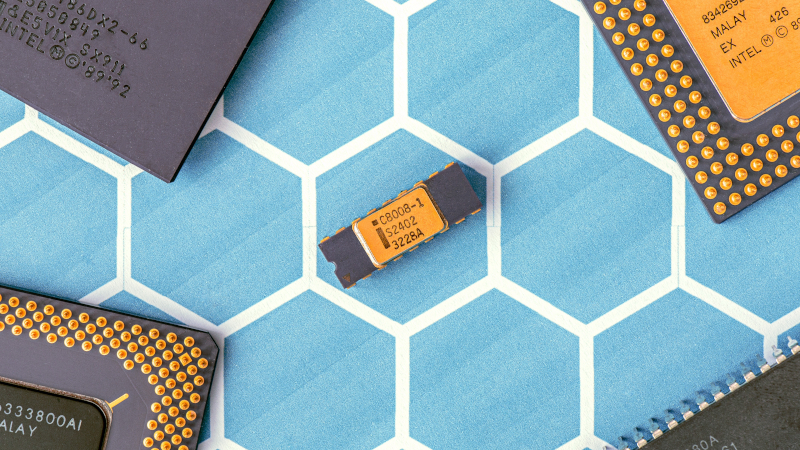 EMERGING TECH
EMERGING TECH
 EMERGING TECH
EMERGING TECH
 EMERGING TECH
EMERGING TECH
An obscure but influential industrial body unveiled a new technology today at Mobile World Congress in Barcelona that’s set to give phones and connected devices a noticeable speed boost.
The SD Association is a consortium of more than 900 hardware makers hailing mostly from the mobile industry. Among them are practically all the world’s leading producers of memory chips, including Samsung Electronics Co. Ltd. The consortium is responsible for the microSD specification that powers the removable, miniature flash storage cards used in mobile devices and other low-powered systems.
At MWC this morning, the SD Association unveiled a new iteration of the specification dubbed microSD Express. The biggest improvement is in the speed department: The new standard can transfer data at rates of up to 985 megabytes per second. That’s more than five times the maximum throughput offered by SanDisk LLC’s new UHS-I card, which is touted as the industry’s fastest 1-terabyte microSD flash chip.
The microSD Express specification provides this increased speed through support for the NVMe and PCIe storage interfaces. They enable memory cards to communicate with the other components in a system much faster than older technologies such as SATA, but until now they haven’t been widely supported by low-powered devices.
In addition to providing improved performance, NVMe and PCIe are more efficient. To conserve power, both technologies have mechanisms that shut down the storage interface when data is not being actively transferred.
Cards based on microSD Express will come in two variations. One will use the same 3.3-volt power supply configuration as current microSD systems, while the other is set to support a more efficient 1.8-volt setup. That should be a particularly big boon for smaller devices such as sensors that have so little space for batteries in their case.
The SD Association sees microSD Express finding use in a wide variety of systems ranging from smartphones to autonomous vehicles. According to the group, the specification’s improved performance will be particularly beneficial for use cases such as video processing that involve moving a lot of data in and out of memory.
It will likely take some time for handset manufacturers to integrate microSD Express into their devices. With that in mind, the SD Association has implemented backwards comparability to let future memory cards based on the specification work with current devices.
Support our mission to keep content open and free by engaging with theCUBE community. Join theCUBE’s Alumni Trust Network, where technology leaders connect, share intelligence and create opportunities.
Founded by tech visionaries John Furrier and Dave Vellante, SiliconANGLE Media has built a dynamic ecosystem of industry-leading digital media brands that reach 15+ million elite tech professionals. Our new proprietary theCUBE AI Video Cloud is breaking ground in audience interaction, leveraging theCUBEai.com neural network to help technology companies make data-driven decisions and stay at the forefront of industry conversations.